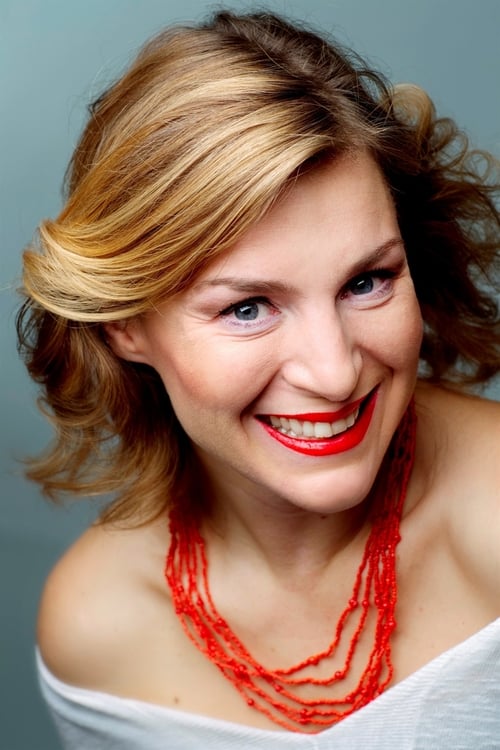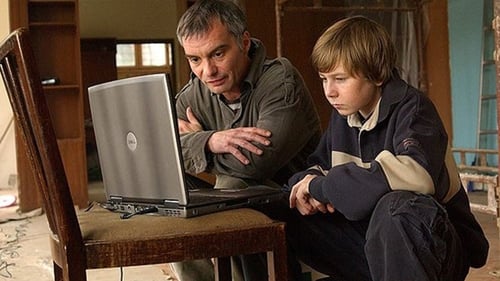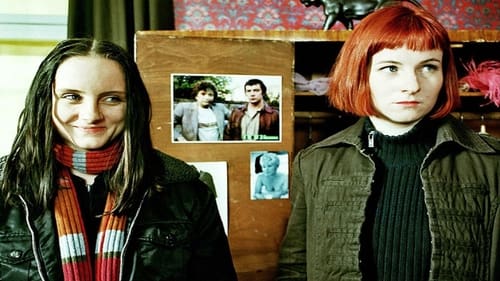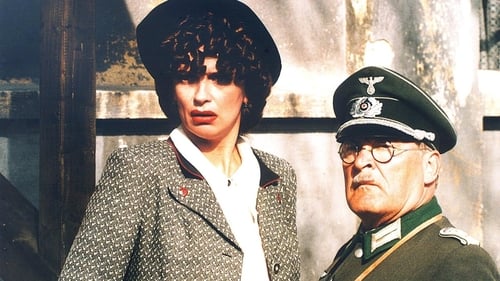Lenka Krobotová
Nacimiento : 1977-03-10, Plzeň, Česká republika
Historia
Lenka Krobotová se narodila 10. března 1977 v Plzni, do rodiny slavného divadelního režiséra a herce Miroslava Krobota. Zprvu se věnovala lidovému a scénickému tanci, aby se nakonec stejně nechala zlákat prkny, co znamenají svět. První role ztvárnila v divadle Kašpar, kde pouze zaskakovala. Po úspěšném absolvování DAMU se stala členkou Dejvického divadla v Praze, kde několikrát spolupracovala se svým otcem. Od roku 2000 zde ztvárnila spoustu nezapomenutelných rolí, jako byla Grušenka v Bratrech Karamazových, Stella ze hry Tramvaj do stanice Touha nebo Aglája v Idiotovi. Hostovala i v divadle na Vinohradech, Činoherním klubu nebo v divadle ABC. Ve filmu se objevila už v roce 1993, coby členka tanečního souboru Impuls tančila v muzikálu ŠAKALÍ LÉTA Jana Hřebejka. Mihla se v ÚTĚKU DO BUDÍNA, v černé komedii JEDNA RUKA NETLESKÁ nebo v pohádce KRÁLOVNA SE SLONÍMA NOHAMA. První větší roli ji nabídl až režisér Julius Ševčík v česko-finském dramatu RESTART. Hned třikrát si vystřihla roli zdravotní sestřičky, a to v seriálech DOBRÁ ČTVRŤ a HRABĚNKY i ve filmu BRAINSTORM. V originálním snímku Petra Zelenky KARAMAZOVI, inspirovaném jeho divadelní hrou z Dejvického divadla, nesměla chybět. Ztvárnila zde lehkovážnou Grušenku, kterou ztvárňovala již na jevišti. Lenka vytvořila i několik zajímavých rolí v rozhlase, jako byla například Maryša ve stejnojmenné inscenaci. Má dva bratry, kteří mají také sklony k herectví. Nedávno se stala i matkou a svůj stav tehdy komentovala: ,, Ty teploty jsou strašné, přesto se ale snažím léto užít, jak jen to jde. Dítě se má narodit každým dnem. Nevím, jestli to bude kluk nebo holka. A ani to nechci vědět. Cítím se přesto dobře, že když jsem teď v jiném stavu ráda se dojímám.“ Lenka Krobotová dnes patří k nejúspěšnějším hercům svojí generace a jistě se od ní máme ještě na co čekat.













